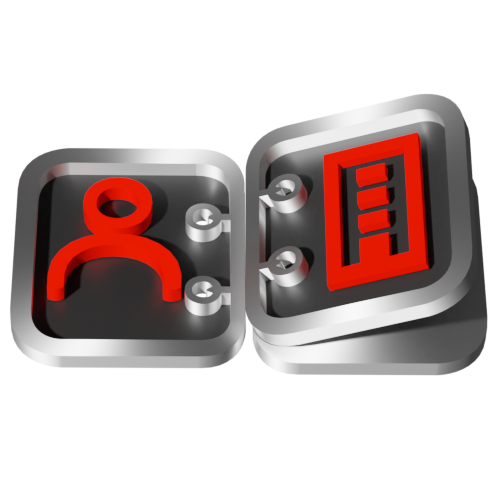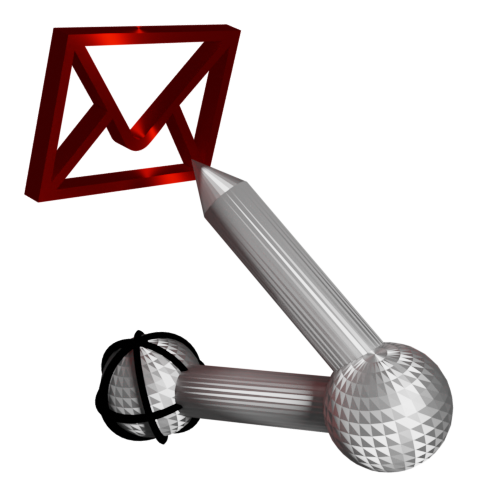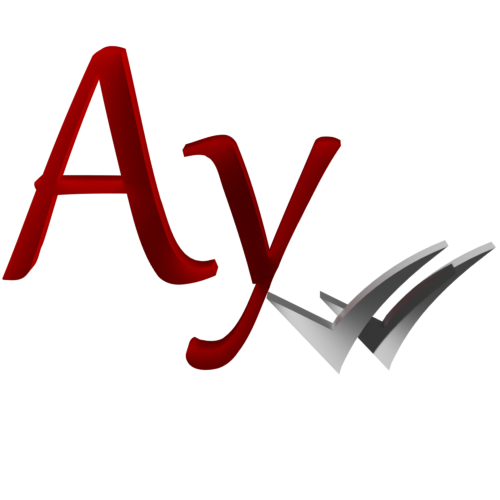AyMINE – Technical documentation
Modules
 Task, project & quality management
Task, project & quality management
Manager approval with the task report
Why some data can't be deleted
Adminitration of areas, projects, calendars
Region / project / methodology
Change management process in a project
GDPR and record of qualifications
Qualification of user or contact
Right to Manage Qualifications
Failure Analysis for an Individual Property of a Component or Process
FMEA – Probability of Detection
FMEA – Probability of Occurrence
 Task, project & quality management
Task, project & quality management
Administration of the Task Management Module
System rights for the task management module
Improvements and Preventive Measures
Methodology and Quality Management systems
What a methodology / QMS consists of
Problems, tickets and their management
Collaborative Resolution of Multiple Problems
Customer Service Response Generation
Incident and Quality Issue Management
Objects affected by the problem
Problems, Incidents, Helpdesk Tickets
Return project plan by baseline
Sample tasks and methodologies of the area
Effect of the task on the right to modify the attached object
The person responsible for the task
Working procedure – task definition
Objects related to the task pattern
 Contacts and directories module (CRM)
Contacts and directories module (CRM)
Order overview for customer groups
 Contacts and directories module (CRM)
Contacts and directories module (CRM)
System Permissions and CRM Module Settings
Send bulk messages in compliance with GDPR
How to correctly forget a person's details
Unsubscribe and set preferences
for bulk mail
 Web management and automation
Web management and automation
Receiving a message from the web
Human resources
Personalistics – User Permissions
Human Resources module security
Manage department / division data
Overview of Personnel Information for pracov# Employment Contract
Synchronizing staff and system users
 Products, assets and sales
Products, assets and sales
Received order for goods or services
Finance management
Metrics and Measurements
Technical Modules
Sabre plugin module
Enterprise Architect connector
Database link to Enterprise Architect database
Enterprise Architect connector
System Modules
 The AyMINE Framework Module
The AyMINE Framework Module
AyMINE — Tips for Mobile Usage
Configure how your system looks and works
Gestures and Keyboard Shortcuts
More about how the system works
Private notes and tags for objects
Overview of Modules and Record Types
Filtering in the list of records
 System Management
System Management
Additional functions with files
Copying and moving files between objects
Files (documents) linked to the object
Formatted texts in the application
Gateway settings for external messages
IMP gateway settings for email communication
Internet Call Gateway Settings
Message with the outside world
 The AyMINE Framework Module
The AyMINE Framework Module
The framework is the basis for the system to function. Its objects and services ensure the system to function
The module's basic objectives
- Managing modules
- Providing access control
- The user application (AyMINE client)
- Communicating the user application with the server
- Support for visual styles
- Support for reports and outputs
- The system's email communication
- Calling server services
- Distributing new versions (updates)
- Automatic content translation
User Services
The module is primarily a system module. The services listed are therefore on the borderline between user and system functions
- Analysis of accesses to web pages (publicly available) and logins; reports on which pages are visited
- Analysis of from which regions accesses are requested
- Managing black-lists and white-lists for addresses and domains. Lists allow you to block or allow access to the system and websites from certain addresses
- Control that users access websites only from allowed addresses (possibility to restrict access from the corporate network / VPN)
Module system Services
- Module imports
- Lock management – protection data against mutual data overwriting (implemented by application, not database)
- Translation support for server as well as AyMINE Application
- Messaging – communication between modules and remote service calls
- Network access logging and protection against some types of Internet attacks (especially brute-force)
The module builds on modules
The module is a necessary part of the system to function. It does not use any other module itself.
You may also be interested in
- Informative overview of record types (business objects) of the system in publicly available modules.
- System setup is done via the system module. A signpost for configuration and setup information is here.
- Rights settings are covered in the system security and system rights pages.
- The system and its administration meets the requirements of ISO 27000. The Key Elements of ISO 27000 Implementation is described here.